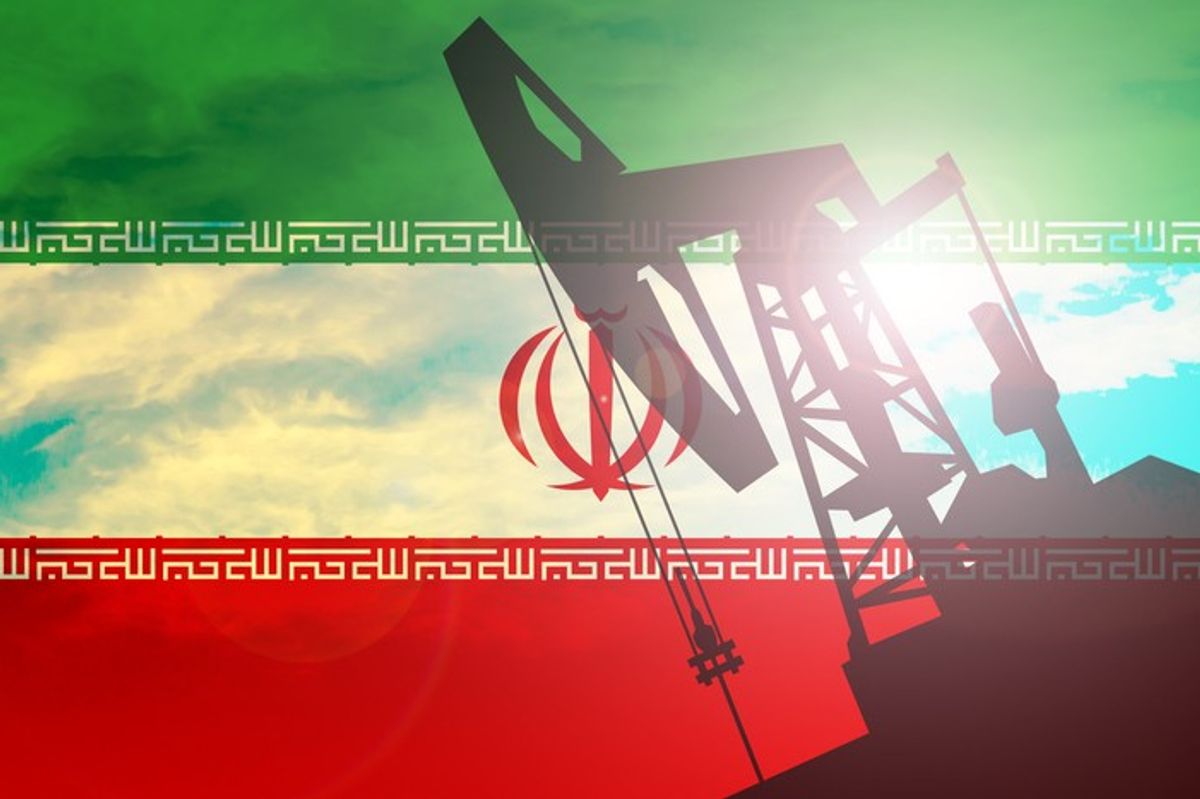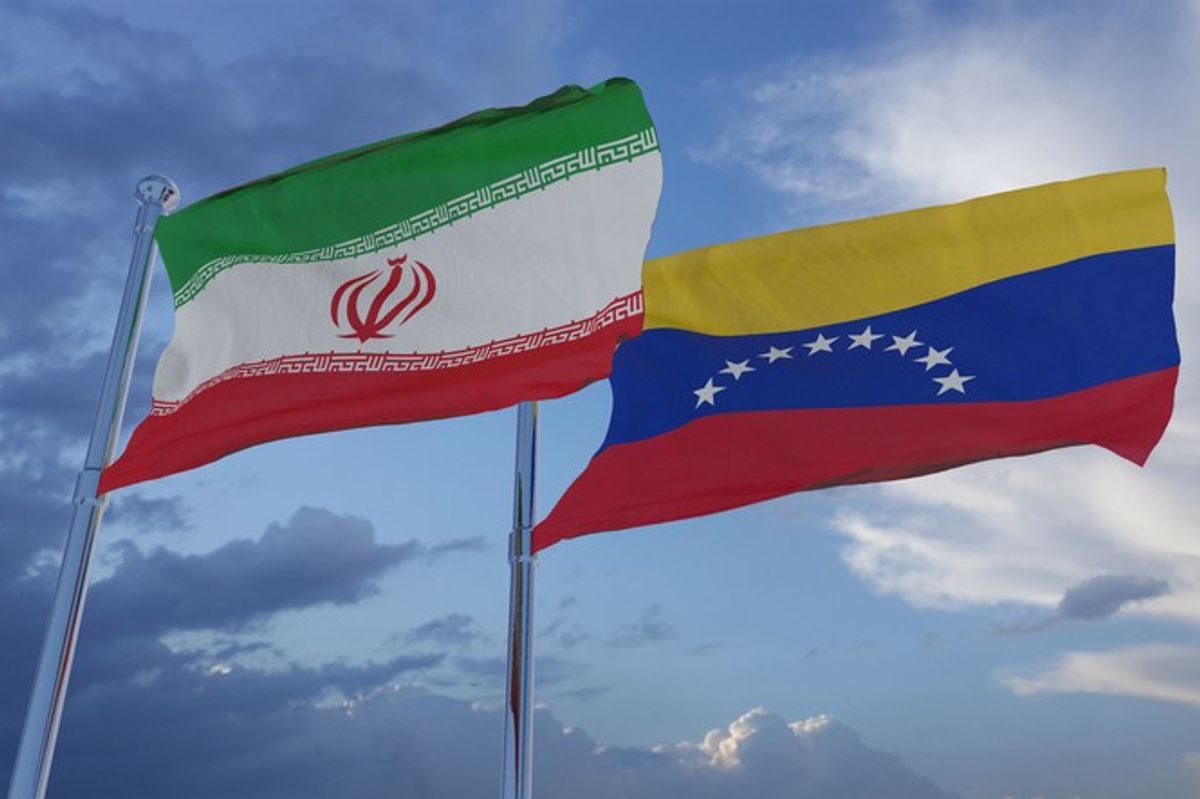The accurate forecast of Winter Storm Jonas along the U.S. East Coast showcased the ability of meteorologists to anticipate how several powerful and independent dynamics would interact over a few days. Two separate low pressure systems—one gliding across the Midwest, the other forming in the Gulf Stream—had to converge at exactly the right time and place to produce a significant storm. But the precipitation would have only been rain if a wedge of frigid high pressure had not also been punctual to the party. The forecasts were successful because the weather analysts focused on how these multiple energies would converge at some future point; to borrow the appropriate ice hockey aphorism, they focused on where the snow would go.
A storm of a different nature is currently hitting world markets and national economies. The breathtaking collapse of world oil prices has caught many—but not all—observers by surprise. Governments in countries as diverse as Russia, Saudi Arabia, Angola, and Nigeria—which based their national budgets on triple digit oil prices—are now forced to choose between sudden austerity or rocketing debt. Other countries, such as India and South Korea, seem at first blush like big winners; their economies do not rely on the export of oil or other commodities, and they now pay much less to power their factories and services.
But to anticipate the full impact of lower oil prices we, like the meteorologists, need to identify all the dynamics at play and try to anticipate how they might converge, not just in a matter of days but instead over many years. Weather forecasters have a huge advantage over us poor analysts of international affairs. Over the decades they have built impressive models of historical weather patterns and can crunch in real time millions of data points to predict next week’s weather, although they don’t perform nearly so well over the longer term. There’s no such resource available for world affairs, but that shouldn’t stop us from looking for how current dynamics and future events could combine to produce winners and losers from oil price gyrations. But we need to keep in mind that our accuracy rate will lag that of meteorologists.
First Order Effect: Premium on Good Governance. The collapse in oil prices is a stiff test for governments whose budgets and economies are highly dependent on revenues from oil exports. For some countries whose recent economic growth is almost completely dependent on oil revenues, such as Angola, there appear to be no good options. Lower oil prices are particularly hard on countries that are high-cost producers of oil, such as Russia and Canada. Saudi Arabia, whose oil production might be profitable at a price point as low as $10 a barrel, can still make money but not enough to fund the social services its citizens have come to expect.
The long-range forecast everyone wants to hear is which oil-producing countries are more at risk of political and social instability as national budgets decline. On this point, Winter Storm Jonas is again instructive. The storm hit several East Coast cities equally hard but some, like New York City, recovered in a day, while others required several days to restore normal services. Similarly, some countries, perhaps Mexico for example, have long been preparing for a decline in oil revenues and may be better positioned to survive the economic disruption. With the lifting of sanctions, Iran may benefit from a surge in economic activity that will compensate for what promises to be a much lower than anticipated increase in oil revenues.
Governments that had already begun to diversify their economies and are not weighed down by debt stand the best chance of avoiding policies that will cost them popular support. Venezuela is clearly a loser here, and Russia remains somewhat of an enigma. Its economy continues to contract, but its citizens remain supportive of its nationalist policies.
Second Order Effect: Spillover to Other Commodities. In the last month, world stock markets and oil prices have moved like conjoined twins. Confusing we might think, given that declining energy costs should be a boost for all economies that are not hydrocarbon producers. But investors fear declining demand for oil reflects not just a change in fundamentals in the energy sector—less demand and more supply—but a broad downturn in economic activity that will deflate all commodity prices. And thus a new and diverse list emerges of countries that could feel the pinch, including Indonesia, Australia, Brazil, and Zambia.
Third Order Effect: Global Economic Recession. If declining oil prices were the only active front in today’s world economy, it would be hard to make the case for a global economic recession. But several other dynamics are in play, the biggest of which is the slowing down of the Chinese economy. The timing of this slowdown is awkward, given that Chinese public and private firms have gone on quite a borrowing binge in the last decade. Chinese government statistics lack precision, but Bloomberg News cites one estimate that Chinese debt has quadrupled in the past seven years. As we saw in the financial crisis of 2008, bad loans have a way of rippling through an economy with unexpected ferocity. And speaking of bad debt, much of the increase in non-OPEC oil production in the least ten years was financed by banks, which cannot be pleased with current oil futures. Saudi Arabia gains, of course, from oil industry reversals in countries such as the U.S. and Canada. The bottom line is that the indirect effects of a world economic slowdown could hurt countries with export economies, such as India and Korea, that would otherwise appear to benefit from cheap oil. In this regard, China may feature both as a cause of global recession and its victim if world demand for its exports falls steeply enough to erase any savings from lower oil prices.
Fourth Order Effect: Broader Geopolitical Implications. While most observers focus on how Saudi Arabia will fare during a prolonged slump in oil prices, other political consequences bear watching. For example, the critical foreign assistance that Egypt receives from the Gulf States could be jeopardized as these governments practice more fiscal discipline. Other countries that receive significant remittances from their citizens working in the Gulf could be hurt; that list includes the Philippines, Bangladesh, and, yes, India. Many believe that the oil slump will help keep the war between Saudi Arabia and Iran cold. (Iran, by the way, also enjoys low production costs in its oil industry.) I don’t think there is such a linear relationship between finances and fighting, but I suspect that ISIS will find it harder to hold territory in Syria and Iraq as its oil-derived revenues decline. Other issues to watch:
- Will financial exigencies lead to some moderation from Russian President Putin on Ukraine if only to gain some relief from sanctions?
- Could the most significant effects be felt in Latin America, where populist governments in Brazil, Bolivia, and Ecuador will struggle to meet demands of restive constituents?
- How much will Chinese interest in Africa cool? The much-anticipated growth spurt in sub-Saharan Africa has always assumed strong demand from the West, China, and other emerging economies and rising commodity prices.
- And, finally, can the U.S. economy sustain its recovery while others around it are losing theirs?













